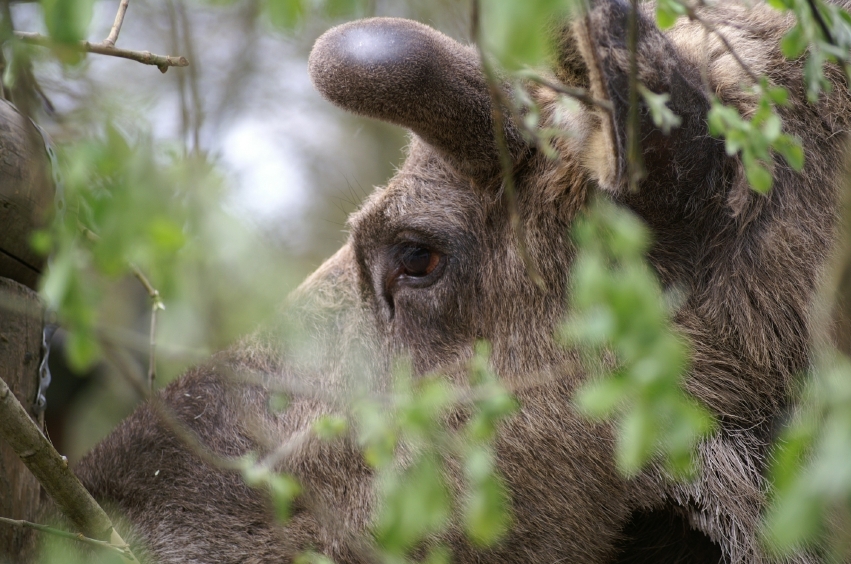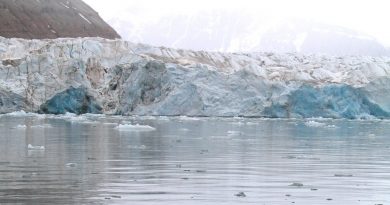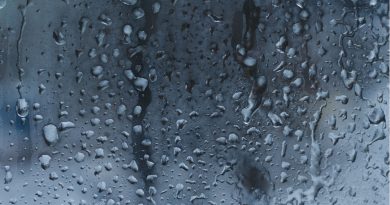European elk calves struggling in warmer spring months

Warmer and drier spring months in Sweden are making life a struggle for the country’s population of European elk calves, with fewer surviving into adulthood and those that do make it are generally smaller than they should be, Swedish Radio reports.
That’s according to a study by researchers at the Swedish University of Agricultural Sciences in Umeå who have looked at the sensitive months of May and June when newborn elk calves are dependent on suckling.
Researcher Fredrik Widemo says years with many hot days in May and too little rain in June have resulted in calves weighing less than normal with the result that more of them are dying, particularly in the regions of Svealand and Götaland.
For more on how warmer weather is interfering with mother elks feeding their young, listen to Radio Sweden’s report.
Related stories from around the North:
Canada: Northern Quebec wildlife officials rely on Cree to provide crucial data on wildlife , CBC News
Greenland/Denmark: Greenland and Denmark finalize cooperation agreement on marine pollution response, Eye on the Arctic
Finland: Miners hunting for metals to battery cars threaten Finland’s Sámi reindeer herders’ homeland, The INdependent Barents Observer
Norway: In Arctic Norway, seabirds build nests out of plastic waste, The Independent Barents Observer
Sweden: Sweden’s wolf numbers slide, illegal hunting blamed, Radio Sweden
United States: Trump Administration approves oil, gas leasing plan for Alaska Wildlife refuge, The Associated Press



